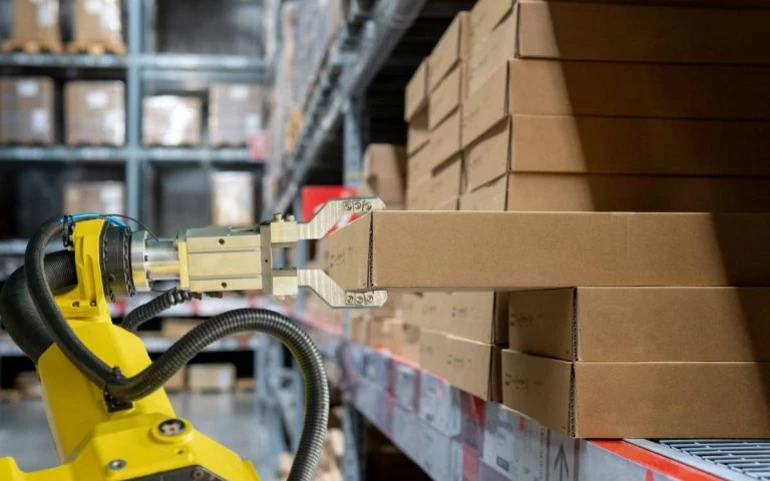What is Data Architecture? Frameworks, Principles, Examples
How is artificial intelligence a game changer for the supply chain?

Artificial intelligence (AI) has a place within every industry. Increasingly, AI is asserting itself as a way to transform operations, automate manual tasks, and better utilise data. The supply chain environment is no exception to the rule. Historically, the supply chain has had to succumb to a lack of end-to-end visibility, flexibility, and scalability. However, today, AI has presented itself as a means to rectify these issues, simplify the supply chain, and better the chances of business growth.
Dealing with data
Today, the supply chain is playing host to a continuously increasing volume of data. The growing uptake of Internet of Things-connected devices is also a significant contributing factor to the boom of data. The surge of data is, of course, a good thing; data analysis improves visibility, enables more accurate forecasting and predictions, betters inventory planning, and much more. However, the volume of data collected in the supply chain has outgrown traditional management, contributing just one reason as to why it's time to bring out the big guns. AI is able to analyse ginormous volumes of data. In particular, it can zero in on real-time information such as weather, sales, and stock to give suppliers instant, accurate insights. What's more, it will enable a higher calibre of forecasting, which will be more actionable in turn.
Artificial automation
Automation is all the rage right now. Various industries are exploring the use of automation to improve efficiency and relieve the workforce from tedious, repetitive tasks. Within the supply chain arena, automation is taking centre stage in a number of ways. Although it's still early days, one example is autonomous vehicles, which are poised to play a significant role in the supply chain. The motivations behind this are widespread, but include improved safety, greater efficiency, and lower fuel consumption. Aside from self-driving forklifts, automation can also be very useful in packing, sorting, and distribution. For example, robotic arms are being trialled as a cheaper, more efficient means to pack products. The benefits of these arms are that they save time, in turn saving money.
Improved customer experience
Customers often feel fondly of AI-driven experiences since they have become synonymous with good customer service. Predictive analytics can keep companies and their customers ahead of the curve. In particular, it can steer companies clear of disruptions (or at least alert them to a disruption in as good a time possible). What's more, it can gauge what products customers may wish to buy. This is by harnessing the user data collected, as well as market activity, what's proving to be popular, and other factors.
Enjoy this article? Why not check out the Top 10 Mergers and Acquisitions of 2019?
























